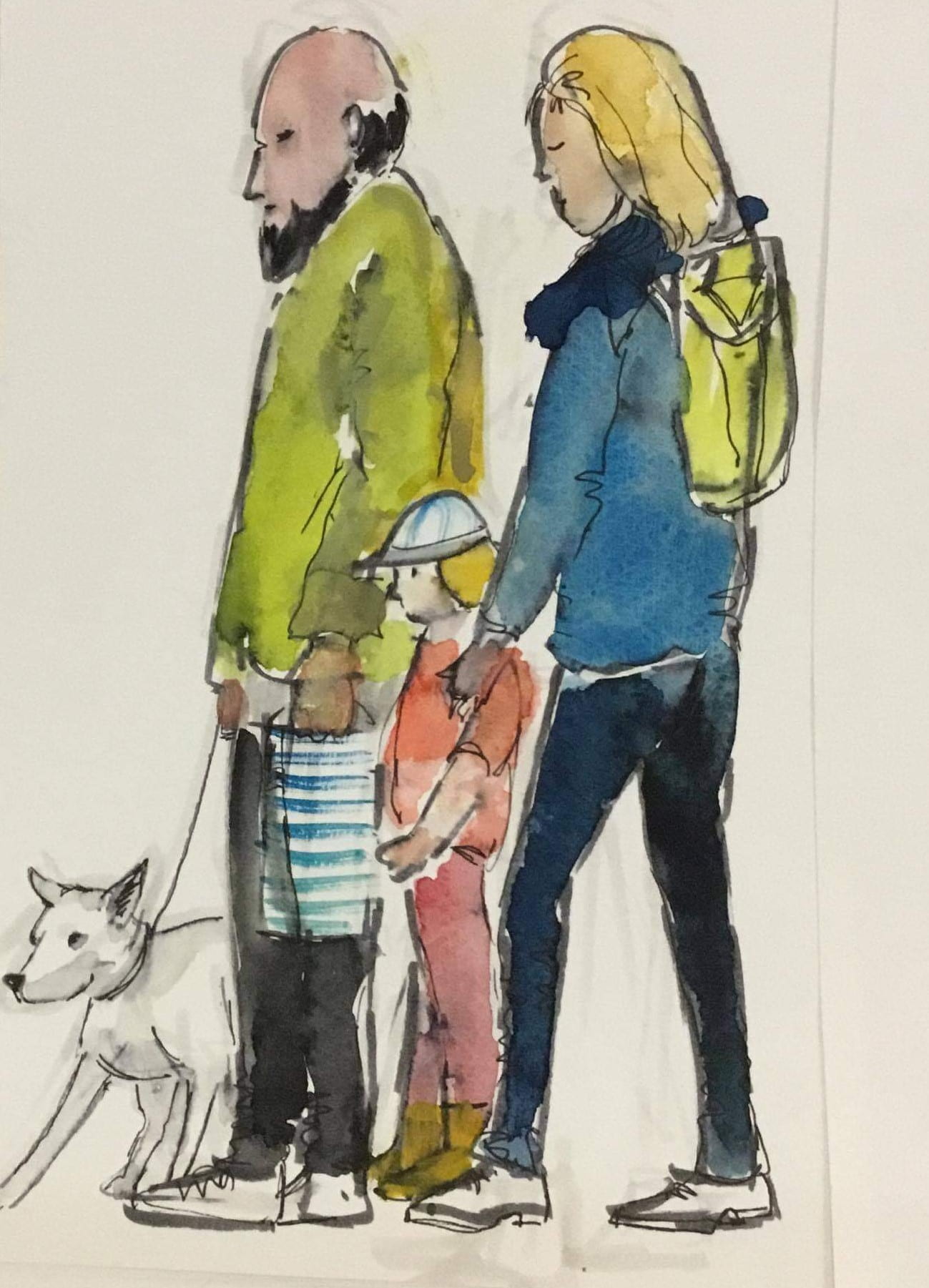Unless you spend your Mondays in seclusion, you’ll most likely have heard that yesterday Radiohead announced their new album, “In Rainbows” would be released in just over a week, October 10th. (If you don’t know who Radiohead are then … there really is no hope for you).
The most interesting thing about this–besides the sneak-speed announcement and timeframe for such a long-awaited album–is the method of distribution. Radiohead are currently without a record deal, and so they’ve chosen to release the album themselves via download. A variable-contribution download, which means that you choose how much you are willing to pay for it–including nothing at all.
Cue much discussion on the future of the music industry and record companies; the inherent value of music; consequences for music charts; what people are actually buying when they purchase an album, etc, etc. It is true to say that it was going to take a superstar band to do this and get the industry and public to really take notice, and it’s also true to say that what the band have done is taken control of the inevitable “leak” and subsequent “illegal” file-sharing, and done it on their own terms.
What is intriguing to me, and why I’m writing about this on my ostensibly-academic blog, is that they have set up a really fascinating social experiment, one that is not too far off the sort of thing that psychologists, economists, and anthropologists are increasingly using to understand human social behaviour: an economic game. Economic or public-goods games take some aspect of behaviour that is context-specific and examine how the interplay of private versus social factors affect the decisions we make. Famous examples include the Prisoners Dilemma and the Ultimatum game. These sorts of artificial situations are set up to try and understand why and how prosocial behaviours such as altruism, punishment, co-operation and group co-ordination can evolve. Evolutionarily-minded social scientists are intrigued by these things as often they appear to run counter to our long-term (genetic) or short-term (economic) self-interests.
Which begs the question: why would anyone in their right mind enter anything apart from £0.00 in that little box? Why, furthermore, are there people complaining about the free download, who would rather pay a tenner for a CD? Something to hold in your hands, perhaps? Hardly: CD covers, liner notes, artwork … all these things are available (free) on fansites and music sites 0.0007 seconds after an album release.
Yet people did pay money, according to their self-reports on websites and forums[1]. And people felt guilty about not paying anything … even those who by their own admission regularly download music from file-sharing or peer-to-peer networks without paying for it, or without a twinge of conscience.
What is going on here?
